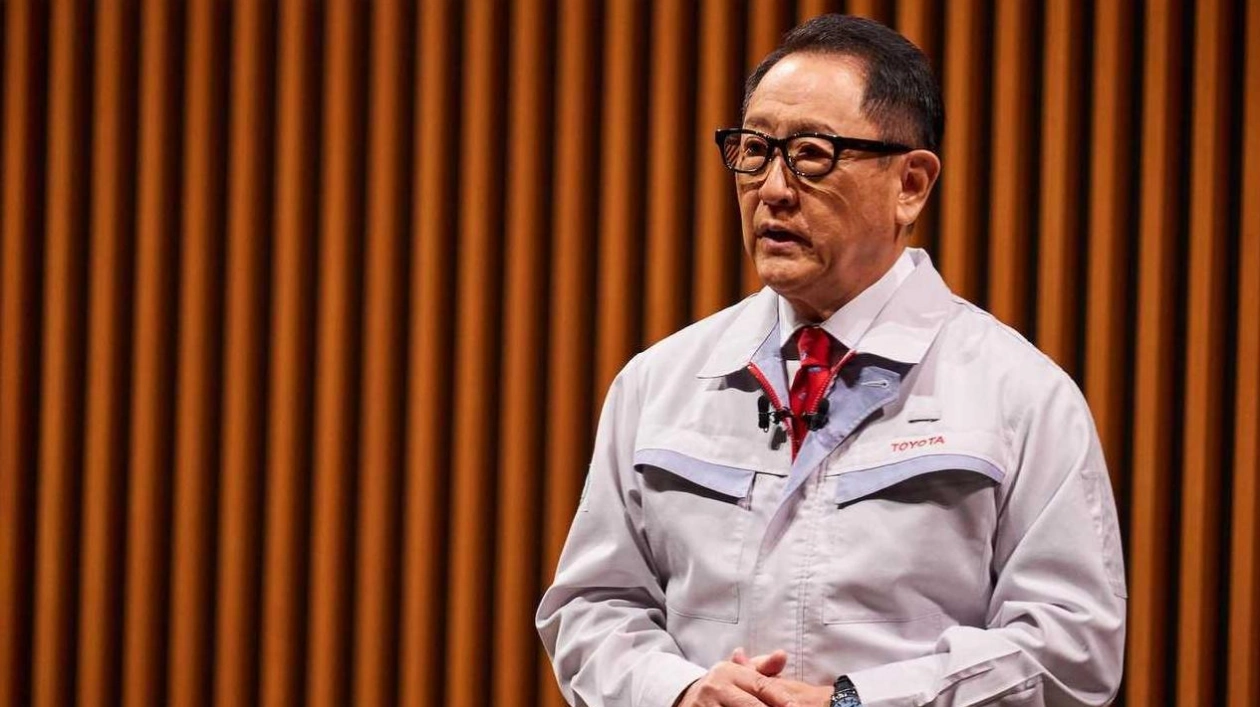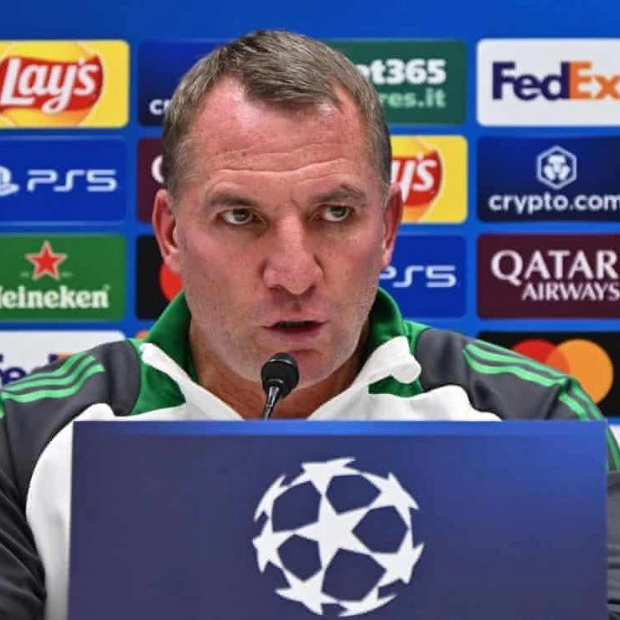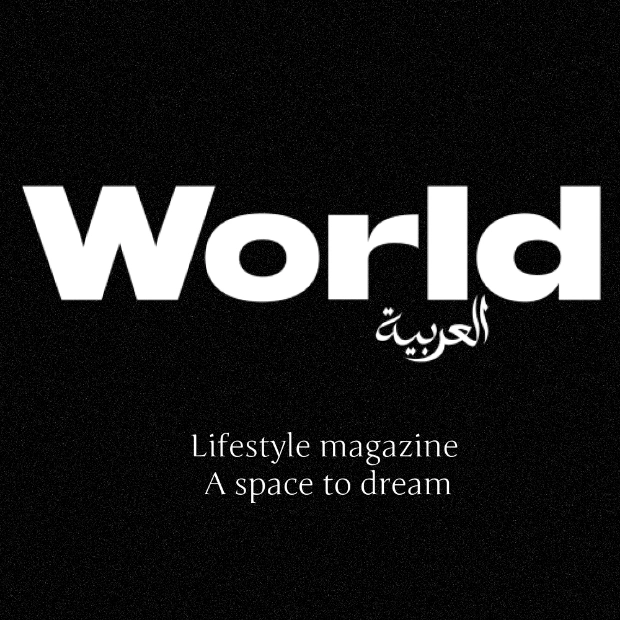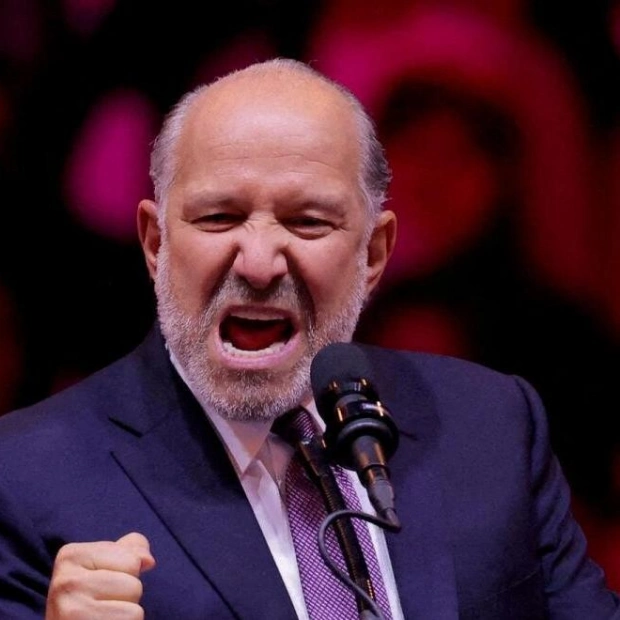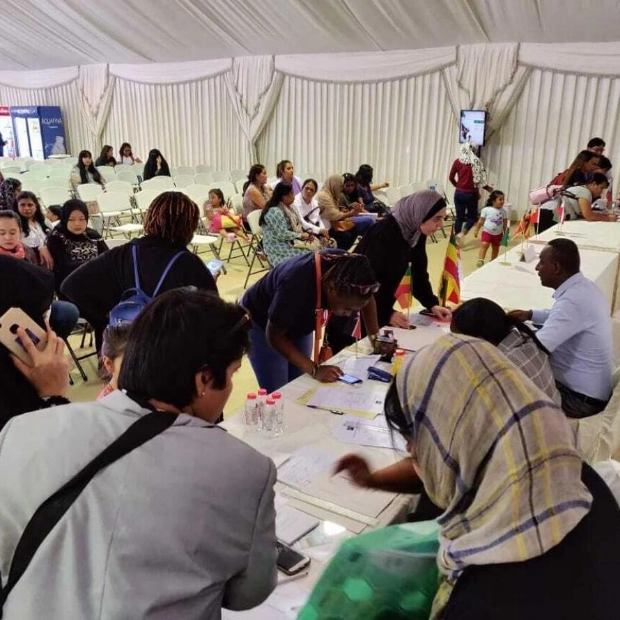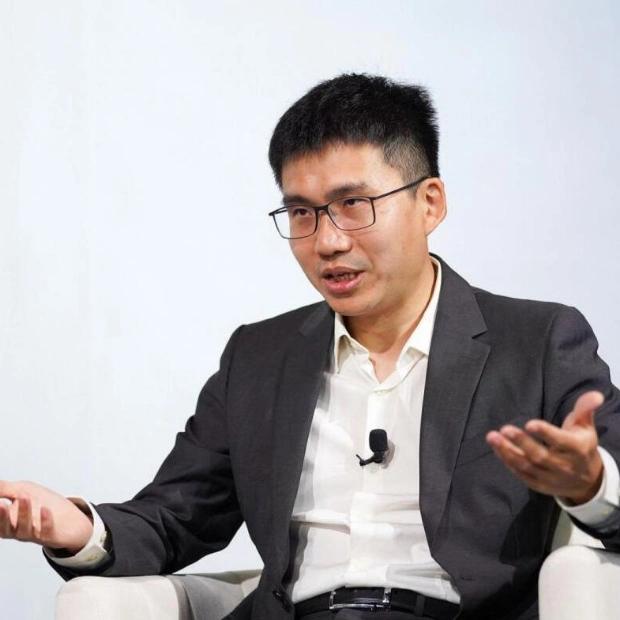The automotive industry is facing challenging times, as evidenced by the increasing number of car companies seeking collaboration. Hyundai recently signed a Memorandum of Understanding with General Motors to explore joint development and production of vehicles. It appears that the Korean brand is still on the lookout for additional partners. A recent report, citing undisclosed sources from The Korea Economic Daily, suggests that a partnership between Toyota and Hyundai might be in the works.
The meeting between the two companies is scheduled for the end of October, with Toyota chairman Akio Toyoda set to travel to Seoul. It is believed that Toyoda's visit to South Korea follows an invitation from Hyundai's chairman, Euisun Chung. A diplomatic source quoted in the report stated: "Chairman Chung expressed his desire to meet with Chairman Toyoda earlier this year, and Toyoda accepted it."
Akio Toyoda is expected to arrive in Seoul on October 24, with the meeting taking place the following day. Toyota's chairman is likely to return to Japan on October 26. Meanwhile, Toyota's Korean division is reportedly finalizing the chairman's schedule for the three-day trip.
The main topic of discussion is expected to be hydrogen technology. Hyundai and Toyota could collaborate to accelerate the development of fuel cell vehicles and establish a "hydrogen ecosystem." It remains unclear whether this ecosystem refers to the development of a refueling infrastructure, which is crucial for the widespread adoption of hydrogen vehicles. According to a study by Interact Analysis, there were just over 1,000 operational hydrogen stations worldwide at the end of 2023.
Toyota has already partnered with BMW in its hydrogen efforts. The German luxury brand's iX5 hydrogen SUVs utilize fuel cells supplied by Toyota. BMW plans to launch its first series production hydrogen model in 2028, following a deeper collaboration with Toyota. The two companies are jointly developing next-gen fuel cell technology and are seeking partners to enhance the hydrogen refueling infrastructure.
Toyota's Mirai, introduced in late 2014, has struggled to gain traction, with chief technology officer Hiroki Nakajima admitting that the zero-emission sedan has "not been successful" and that establishing a refueling network is "difficult to realize." Similarly, Hyundai's Nexo has not achieved commercial success, but a second generation of the hydrogen crossover is confirmed for launch in mid-2025. Additionally, Hyundai recently announced that the highly anticipated N Vision 74 sports car will go into production.
A collaboration between Toyota and Hyundai could be significant, given Toyota's position as the global sales leader and Hyundai's ranking as the third-largest automaker (including Kia and Genesis). However, it is too early to predict whether the two automotive giants will reach an agreement. It will be intriguing to see if they focus solely on hydrogen technology or explore other areas of collaboration.
